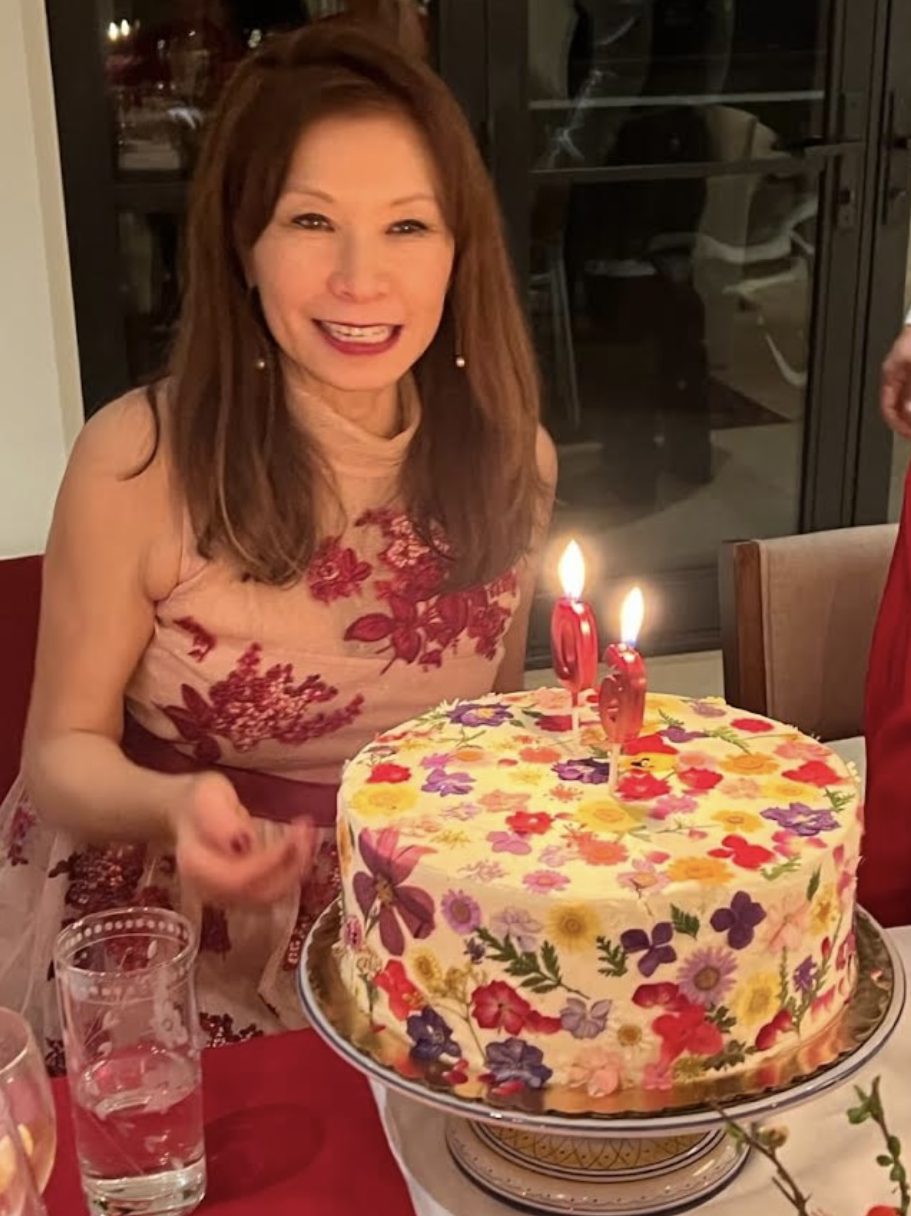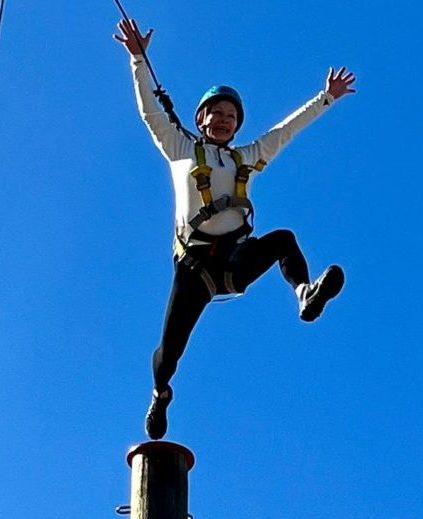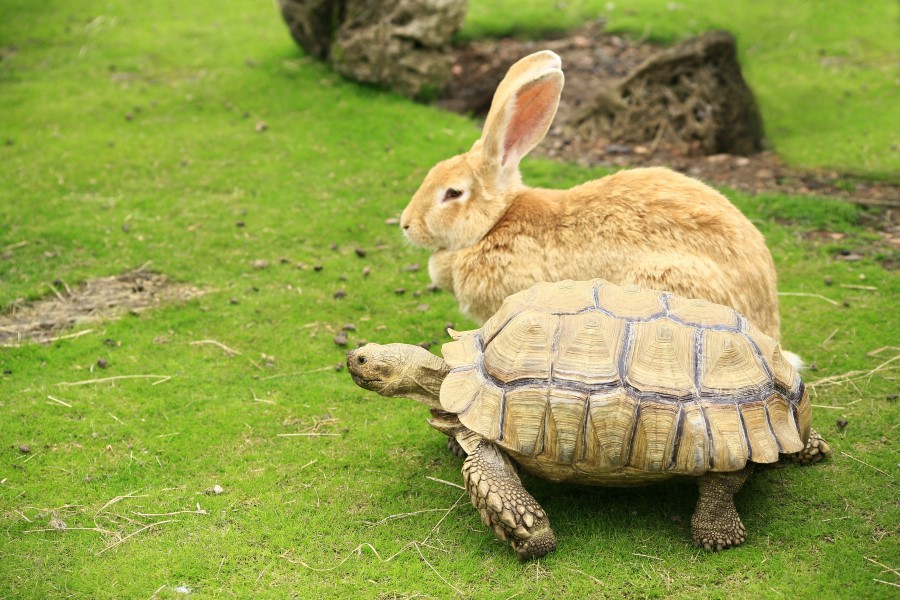Easter Sunday. The notion of rebirth swirls in my mind. I take delight in the gentle blossoms of perennials shooting out of the grounds, after what feels like a particularly long and punishing winter of Covid’s third year and then, this war.
I’m certain I’m not alone in daydreaming, if not of resurrection, about this scenario: What if I could go back and redo my youth, but with the wisdom and knowledge that I have now? I found out, serendipitously and just in time, that there is a notion – in my very own cultural heritage – that you can be born again. No religious awakening required.
It turns out that in Japan, all that’s needed to be a child again is to stay alive to see your 60th birthday, a milestone I just passed. It was also my third birthday under Covid. Staying alive for this long used to be a rarity, even in my home country that is now famous for the longevity of its people: current life expectancy is 82 years for men and 88 for women. Compare these figures with those just after World War II: 50 years for men and 54 for women. Statistically, I would have been dead for six years already.
In Japan, your 60th birthday is called kan-reki, literally meaning return-calendar, a celebratory occasion that was introduced by China to Japan during the Nara period (710-794). Once you go through your unique [zodiac animal + natural element] combination, you technically start a new life cycle. Let me explain.
Growing up in Japan, I was familiar with the Chinese zodiac, a repeating cycle of 12 years, each represented by an animal. I was born in the year of the Tiger (1962) as was my father (1926); my mother was born a Wild Boar (1928); in my siblings I have a Sheep (1955) and a Horse (1966). In our family, the zodiac animals were evoked occasionally to explain away somebody’s personality quirk or behavior. If my mother was acting particularly stubborn, my father would say something like, “such a wild boar she is.” We were called Year Woman (toshi-onna) or Year Man (toshi-otoko) every 12 years: at age 12, 24, 36, and so forth. As kids, we were taught to recite the cycle through a mnemonic method, in four series of threes.
What I didn’t know is how the Chinese zodiac interacts with five natural elements, around which much of Chinese philosophy is based: earth, fire, metal, water, and wood. The five elements are assigned to the 12 animal signs, creating 60 possible characteristic combinations. It turns out that I am a Water-Tiger, a combination last seen in 1962. If you live to have cycled through all 60 combinations, you get to be a baby again. In Japanese, babies are called little red ones (aka-chan). So, for your 60th birthday celebration, you wear a red hat and a red vest, you are seated on a red cushion, and you are fed festive food (some of which is red).
I was ridiculously happy to learn of this tradition from my friend M, who lives in San Francisco but happened to get stuck in Japan because of Covid for her kanreki. When she texted me a picture of herself in her red outfit, it made me smile ear to ear. With a childlike glee, I decided that for my own 60th birthday, I was going to wear red and invite others to do so as well. Were it not for the fact of the lingering pandemic and the escalating war, I would have planned a big party. Instead, I kept it modest in scale but obsessive in the red theme. I was giddy with excitement. M decided on a lark to fly out for the occasion.
The celebrations came and went, but what I continue to embrace most enthusiastically is the notion of a second childhood — to celebrate the sheer miracle of being alive. Whenever I can, I’m leaping into the chance to learn and do new things with a sense of fun and wonder. Shortly after my birthday, I went rock climbing with my husband and son, something I’ve been wanting to do for a long time. Just yesterday, my teenage son convinced me, on a whim, to go karting on a race track with him. And because I’ve always been a little embarrassed that I can’t sing, I’m going to take voice lessons (which I received as a birthday gift from three friends) and look forward to belting it out while driving. I also just bought my first senior discount ticket (to enter a castle in Scotland). Talk about having your cake and eating it, too.
To all the Water Tigers out there, Happy 60th Birthday, and a happy second childhood to you!

 Leadership Coach & Facilitator
Leadership Coach & Facilitator 




 I still remember that summer day in 2002. I was 40 and pregnant with our first child. We had seen more than 200 houses at that point, when Ivar called me and said, “honey, I think I found our house’.” Indeed, the moment I stepped in, I felt its soul.
I still remember that summer day in 2002. I was 40 and pregnant with our first child. We had seen more than 200 houses at that point, when Ivar called me and said, “honey, I think I found our house’.” Indeed, the moment I stepped in, I felt its soul.




